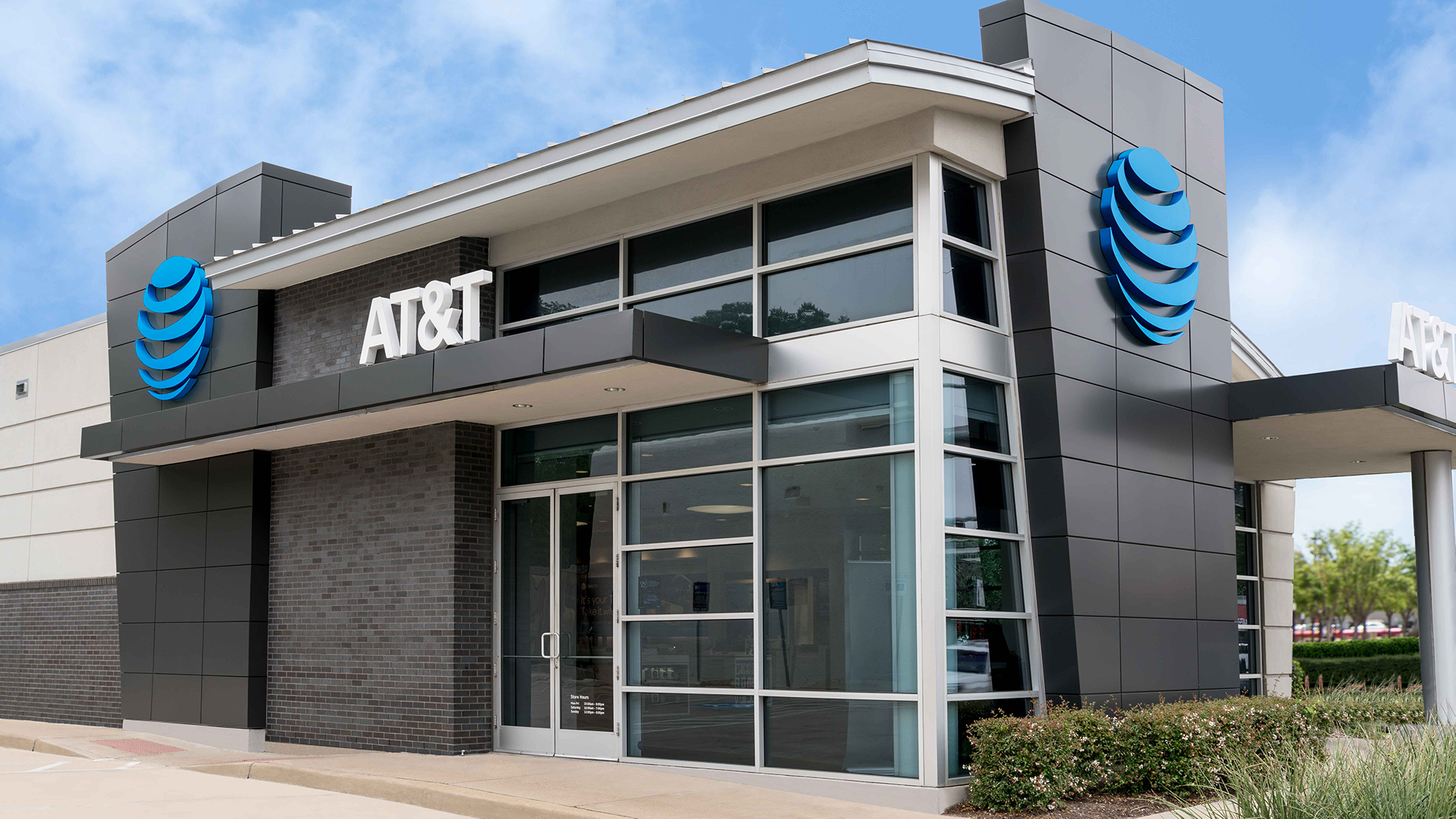AT&T Makes Cox Retrans Impasse Pitch to Hill
Frames it as part of larger issue of increasing fees and blackouts

The smarter way to stay on top of the multichannel video marketplace. Sign up below.
You are now subscribed
Your newsletter sign-up was successful
AT&T's federal relations staff was making its case on Capitol Hill Friday for why the company, and its video viewers, were the aggrieved parties in its retransmission consent dispute with Cox Media Group and parent Apollo Global Management.
According to a source, the two sides continued to negotiate as AT&T reached out to legislators and Hill staffers, specifically staffers in offices of legislators whose constituents were affected by the blackouts, as well as the appropriate members of the Senate Commerce and House Energy & Commerce Committees that oversee communications issues.
Also Read: Cox Media Stations Get Blacked Out on AT&T
According to a copy of an e-mail to those legislators and Hill staffers providing an "Update on Negotiations with Cox Media Group" obtained by Multichannel News and Broadcasting + Cable, AT&T said that DirecTV customers in five Cox markets would lose their "preferred access" to the Super Bowl Feb. 7. (AT&T conceded that CBS and the NFL would both be live streaming it.)
AT&T said that did not have to be the case. "We are committed to continuing to negotiate with CMG to come to a resolution that is good for our customers," it said, but urged CMG in the meantime "to immediately return its local stations to our customers while we negotiate."
Also Read: AT&T Pushes Ways to Watch Super Bowl Despite CMG Blackout
Broadcasters argue that the rise in retransmission consent fees is because their high-value content is finally getting a market rate after years of being undervalued. They also argue that blackouts, or as they see them, the removal of a signal when the contract for its carriage expires without a new contract at a fair price, is a negotiating tool it would be unfair for the government to deny them.
The smarter way to stay on top of the multichannel video marketplace. Sign up below.
"[I]n the midst of an ongoing pandemic and just before Super Bowl LV, CMG pulled its stations from our DirecTV, U-verse, and AT&T TV customers," AT&T told Congress.
Also Read: Congressman Jared Huffman Calls on Cox to Restore Channels
The company said it had agreed to pay retroactively whatever rate they eventually agreed on in continuing negotiations (called a "true up") if CMG had continued to provide them the signal during those negotiations, but that, instead, "CMG put our shared customers into the middle of a private business matter by intentionally blacking out local stations in 20 markets," and "in the midst of an ongoing pandemic" as well as on the eve of the Big Game.
Given that legislators hear it from their constituents when there are blackouts that affect their districts, then let the companies hear it, AT&T wanted to make it clear that "without CMG’s consent, AT&T cannot retransmit its stations to our customers....We share our customers’ frustration and recognize it’s time to end this cycle of increasing fees and ongoing blackouts."
Also Read: ATVA Urges Retrans Reform
The letter cites National Association of Broadcasters President Gordon Smith, himself a former member of Congress, and assurances he gave during a C-SPAN interview that broadcasters “recognize the public responsibility to not have service interruptions during this time.” But Smith also said in that interview that it takes two and he hoped "the MVPDs share that same public spiritedness and give broadcasters fair value."
"Stations owned by CMG and their parent company, Wall Street mammoth Apollo Global Management, have previously staged blackouts at the most inconvenient times for customers," AT&T told legislators. "But their decision to do so now – in the middle of a pandemic and just prior to the Super Bowl – represents a new low in the never-ending cycle of higher fees and blackouts."
Contributing editor John Eggerton has been an editor and/or writer on media regulation, legislation and policy for over four decades, including covering the FCC, FTC, Congress, the major media trade associations, and the federal courts. In addition to Multichannel News and Broadcasting + Cable, his work has appeared in Radio World, TV Technology, TV Fax, This Week in Consumer Electronics, Variety and the Encyclopedia Britannica.

